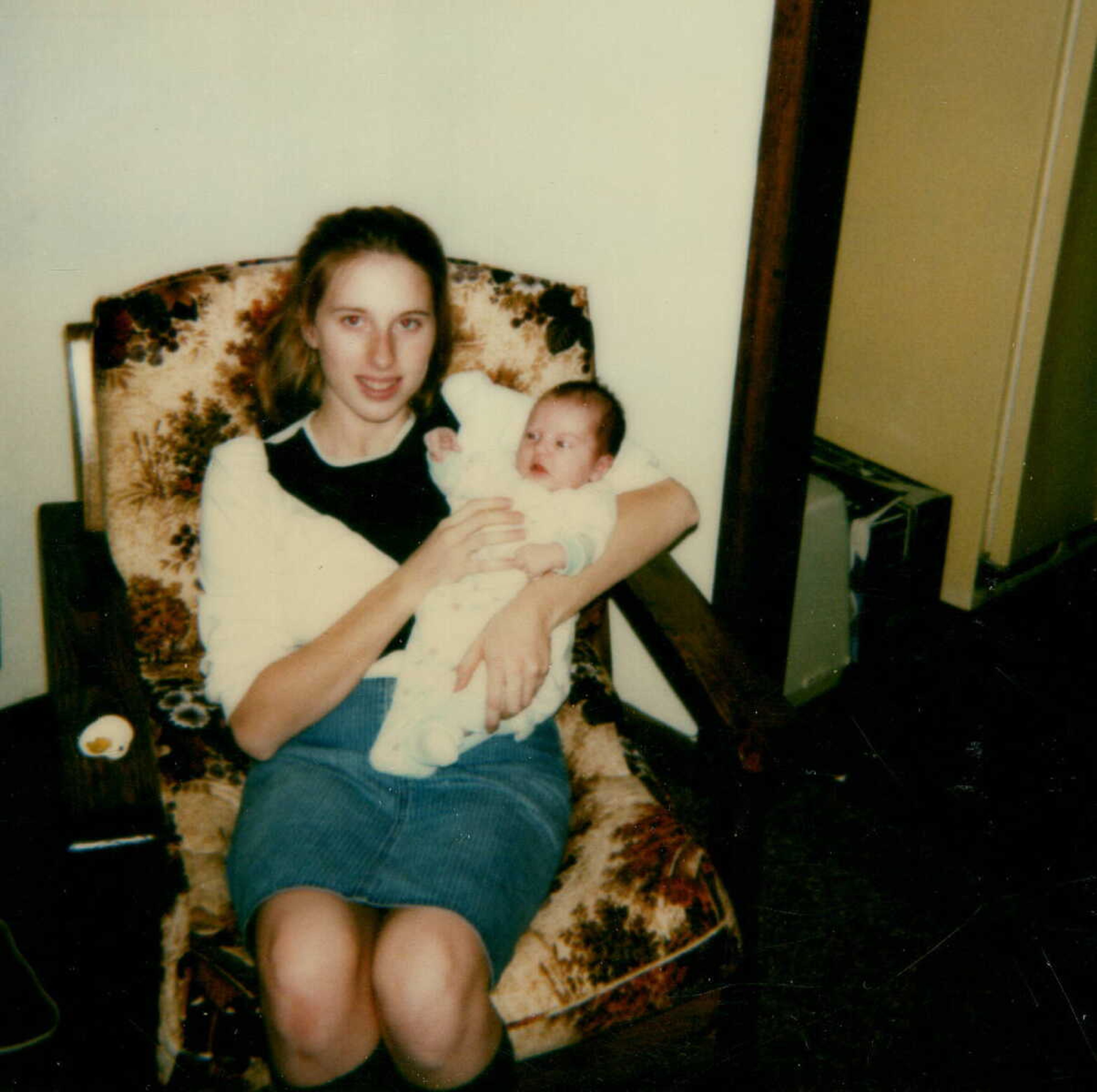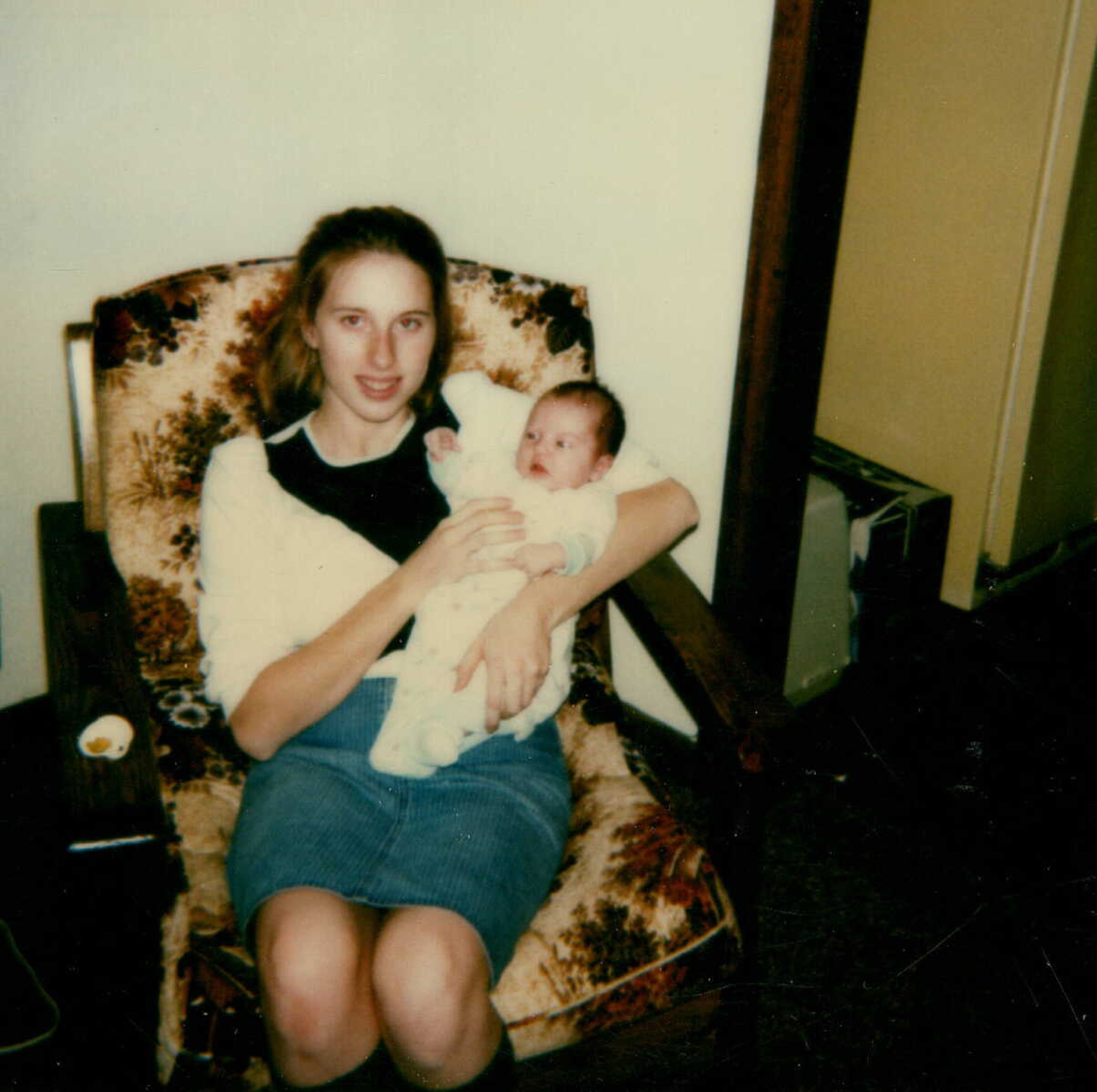Growing Up on 'America’s Fringe' an interview with Thompson Rehder
After serving four terms in the Missouri House of Representatives, Holly Thompson Rehder was elected to the Missouri Senate in 2020. Born in Memphis, Tennessee, with her very early years in Texas, Thompson Rehder moved as a child to Southeast Missouri, where her parents, and extended family, have lived for more than five generations...
After serving four terms in the Missouri House of Representatives, Holly Thompson Rehder was elected to the Missouri Senate in 2020. Born in Memphis, Tennessee, with her very early years in Texas, Thompson Rehder moved as a child to Southeast Missouri, where her parents, and extended family, have lived for more than five generations.


From the back cover of her book: “Growing up on welfare, food stamps, and Greyhound buses, Holly Thompson Rehder quit school at 15 to help take care of her mother and younger sister after a devastating car accident. Getting married and pregnant soon thereafter, like so many other girls in the poverty cycle, Holly decided that the life she had been born into was not what she intended to give her child. … Two decades later, she was a successful businesswoman. And today, she is a rising political star who serves as an inspiration to young women … all while never forgetting where she came from.”
“Cinder Girl: Growing Up on America’s Fringe” was published in 2022 by Bombardier Books, an imprint of Post Hill Press. This interview, conducted April 28, 2023, was edited for space.
Q: What kind of feedback have you received since publishing the book?
Thompson Rehder: It's been amazing. And it's still beyond words that God would give me the ability to write this. The majority of it was Him waking me up at 3 a.m., and I'd make a bunch of notes because I'd have it all on my heart. Then I'd go back to sleep and form it into a chapter over the next few weeks. So much of it I had never spoken about to anyone, so it was very therapeutic, as well. But I have had so many people reach out to me, and it's been such a wide range, from one person calling me and saying, “Holly, you have no idea how much you helped me understand my mother and all that I didn't understand growing up. And now I can see it clear as day. And it has helped me so much.” I never even thought about having that type of response. But then others have just pulled me over and said: “You are my voice. I've lived your life. And it's so wonderful to have someone who could put words to it of something that I've always been ashamed of and walked away from.” A doctor from Texas sent me a beautiful kaleidoscope with a beautiful inscription on it. [Editor’s note: Thompson Rehder uses the metaphor of a kaleidoscope throughout her book.]
Q: How about in Jefferson City? What’s been the response there?
Thompson Rehder: I've had such amazing and different responses in the legislature, where others have read it and told me, “I get it. I understand now. These are some things that we need to work on and care about.”
Q: What was the hardest part to write about?
Thompson Rehder: My fear in the beginning was writing about my mom. I got through probably Chapter 2. And from my heart, I had to go ahead and write my chapter about her. I had to, because, I felt like, gosh, I'm condemning her publicly. And it's like I couldn't do that. I had to go ahead and get my chapter about her written so that my heart would be OK with finishing the book.
Q: How has your broader family responded?
Thompson Rehder: God's given me such a huge blessing. I'm kind of the matriarch of our family now. So many have passed on. And my nieces, look, my cousins’ kids, those are my nieces and nephews. We are kind of more of a clan than a family, but to them, it's like, “Aunt Holly, you gave me a part of the history of our family that I never knew, never understood. But now I have this, and it's so special to me.” And so that's been really special for me also, to be able to give them something that speaks of their mom or that explains some of the things that they didn't understand, and now they do, and they can kind of let go some of the negative.
Q: Has the book opened up other opportunities for you?
Thompson Rehder: I’ve gotten a lot of speaking engagements, like this past week I was the closing keynote at a behavioral health conference in Columbia, Missouri, on healthy babies and mamas. The conference bought books and gave them to those in attendance. Next week, I'm the opening keynote to a group of about 500 people for a conference in Columbia on child trauma. I’ve also spoken at the Missouri Hospital Association’s Annual Conference, the Children’s Trauma Network Summit and the Neonatal Abstinence Conference. I’ll also be doing a couple workshops with the Council of State Governments — one's in Tennessee, and one's in Kansas City this fall. So I'm getting some speaking deals going. Some of them paid.
Q: What’s something you really want people to know about your story?
Thompson Rehder: There are so many people who have grown up like me, and I want them to know, you can make it out. We live in America, and we have opportunity. If you don't allow what has gone wrong to make you bitter, if you don't allow that to be your thought, you can move forward. Your past doesn't define you. We are blessed. And if you move forward with all the things you can do, God opens doors for you. But if you hold onto the bitterness of what you didn't get or what you didn't have, then it holds you back from moving forward.
And so you have to choose: Let it go and have a great life, or don't let it go and always be tied to it. But you can't stay in that same spot and expect to have a beautiful life. You have to move on from it. And then the other side of this is for people who have the ability to effect change, to learn and understand about other people's journeys, so that you can make informed decisions and you can make changes that actually are impactful and move our state forward. Lessening the welfare role is one thing. That’s great to do, if you do it the right way. But don’t do it by increasing the homeless population. Do it by increasing the tax benefits in this state, and by moving people into being self-reliant, because that is what breaks generations of poverty.
Connect with the Southeast Missourian Newsroom:
For corrections to this story or other insights for the editor, click here. To submit a letter to the editor, click here. To learn about the Southeast Missourian’s AI Policy, click here.








